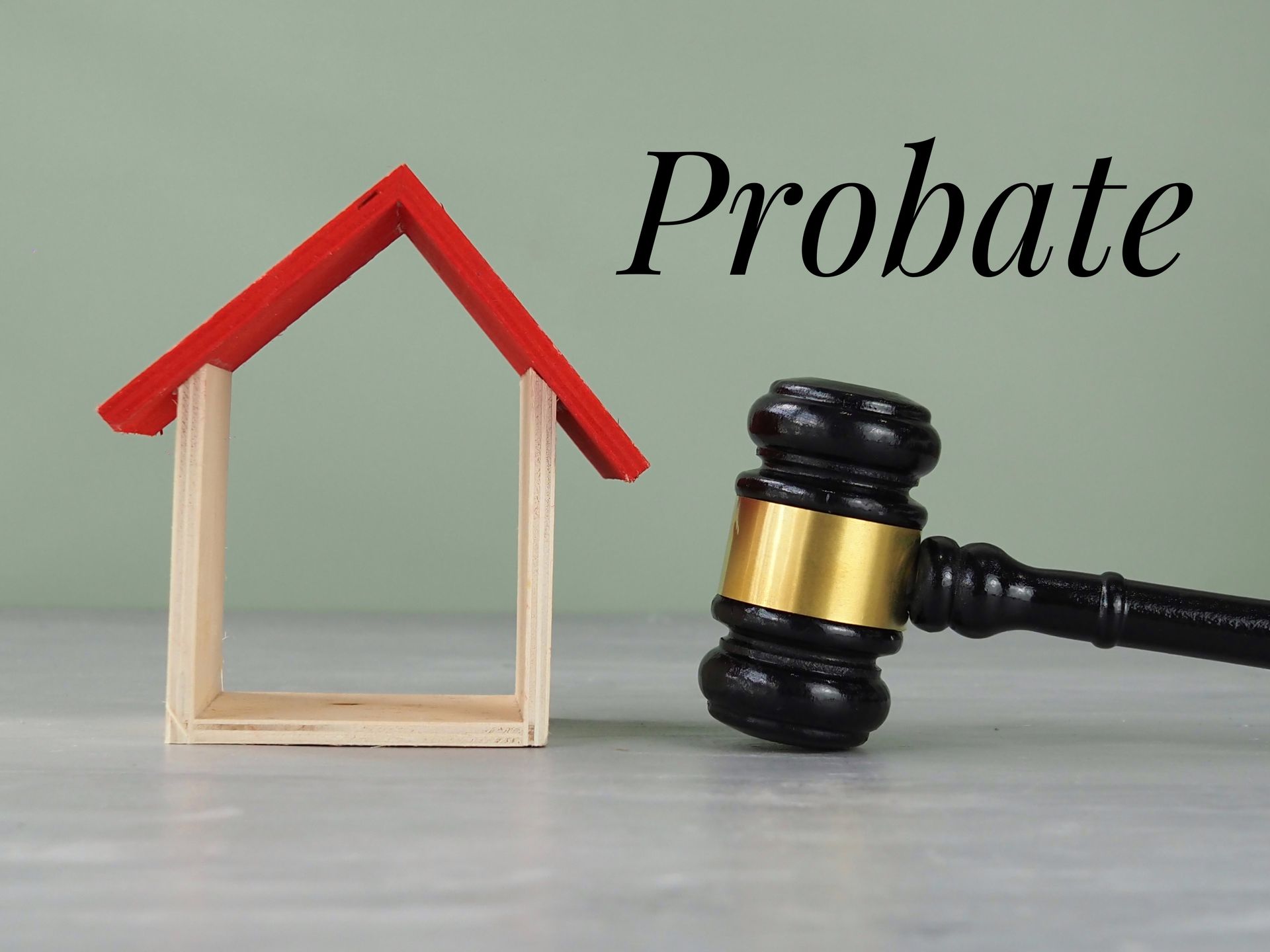How Much Does a Living Trust Cost?
When people think about estate planning, many consider setting up a living trust as a way to manage and safeguard their assets. A living trust offers advantages such as avoiding probate, maintaining privacy, and ensuring assets are distributed according to one's wishes.
However, a common question arises: how much does it cost to establish a living trust? The answer can differ based on factors like the complexity of your estate, professional fees, and location.
This article will delve into the expenses of creating a living trust and provide insights on what to anticipate when organizing your estate.
Understanding the Concept of a Living Trust
Before delving into expenses, it's crucial to understand how a
living trust operates. A living trust is a document that permits you to transfer your assets into the trust during your lifetime. You retain control over these assets as the trustee while you're alive.
Upon your passing, the trust assets are distributed to beneficiaries without undergoing probate, which can be both time-consuming and expensive. A living trust can be either revocable, allowing for changes or complete
revocation, or irrevocable, meaning it cannot be modified once established.
Factors That Influence the Cost of a Living Trust
1. Complexity of Your Estate
The complexity of your assets dramatically impacts the cost of a living trust. The cost will likely be lower if you have an estate with a home and a few bank accounts. However, suppose your estate is intricate with properties, investments, and business holdings. In that case, the cost will increase due to the work needed to manage these assets within the trust.
2. Professional Fees
The cost of establishing a living trust also varies based on the fees charged by professionals you engage. Options include:
- Attorneys: Engaging an attorney is typically considered reliable for creating a living trust, especially for complex estates. Attorneys charge fees based on their expertise and time invested, ranging from hundreds to thousands of dollars. Selecting an estate planning attorney is crucial to ensure the setup of your trust.
- Online Services: If you have an estate, you should explore using a service to set up your living trust. These services usually charge a lower fee than what attorneys charge, ranging from $100 to $1,000. However, they may need to provide the options and legal guidance that an attorney offers.
- DIY (Do It Yourself) Kits: A DIY kit is a cost-effective choice for individuals with estates and a good grasp of estate planning. These kits can be as affordable as $50 to $100, but they carry the risk of errors or oversights that could jeopardize the trust's validity or lead to unintended outcomes.
3. Geographical Factors
The expenses of establishing a living trust vary depending on where you reside. Professional fees are higher in regions with higher living costs, like cities. Furthermore, some states have laws governing trusts, which may escalate service costs. It's advisable to research local estate planning expenses and seek advice from professionals nearby for cost estimates.
Here's a breakdown of the expenses linked to setting up a living trust
1. Lawyer Fees
Suppose you decide to get a lawyer's help. In that case, the cost can vary based on how intricate your estate is and the lawyer's expertise. On average, attorney fees for establishing a living trust can range from $1,000 to $3,000 for a trust. For estates, fees can go up to $5,000 or higher. Some lawyers charge a fixed rate, while others bill by the hour at rates ranging from $150 to $500 per hour.
2. Online Services
Online legal services provide a cost option for creating a living trust. Prices typically fall between $100 and $1,000 depending on the complexity of the trust and the level of service offered. These services often include templates and step-by-step instructions to help you create your trust. However, they lack more personalized advice and assistance from an attorney.
3. DIY Kits
For individuals with estates, do-it-yourself kits are economical, with costs ranging from $50 to $100. These kits contain all the forms and instructions for building a living trust. However, a good grasp of estate planning laws is essential, as mistakes could lead to legal complications.
4. Additional Expenses
Apart from the trust creation fees, there are potential costs to take into account:
- Funding the Trust: After establishing the trust, you must transfer your assets into it, a process called funding the trust. This might involve administrative expenses, especially if you have multiple properties or investments to transfer.
- Ongoing Maintenance: A living trust may need updates or modifications to reflect changes in your assets or family circumstances. There could be charges for these updates, mainly if you engage an attorney.
- Trustee Charges: If you designate a trustee like a bank or trust company to oversee the trust, they will levy a fee for their services – usually a percentage of the trust's assets.
Is a Living Trust Worth It?
Considering the expenses of setting up a living trust, you may question whether it's worth the investment. Here are some advantages that justify the cost:
1. Avoid Probate
One advantage of having a living trust is that it helps your assets skip the probate process, which can be time-consuming and expensive. Probate costs can reduce the value of your estate, leaving less for your loved ones. By avoiding probate, a living trust ensures that your assets are distributed swiftly and smoothly with minimal expenses and delays.
2. Maintaining Privacy
In contrast to a will, which becomes a record during probate, a living trust remains confidential. This means that the details of your estate and how your assets are divided are kept private, safeguarding your family's privacy.
3. Flexibility and Control
A revocable living trust allows you to adjust or cancel the trust while you're alive. This allows you to modify your estate plan as needed, giving you peace of mind that your assets will be handled according to your preferences.
4. Protecting Beneficiaries
A living trust can protect beneficiaries who may struggle to manage their inheritance, such as minors or individuals with needs. By appointing a trustee to oversee the trust, you can ensure that your assets are used for the benefit of your beneficiaries as per your wishes.
5. Reducing Estate Taxes
When it comes to minimizing estate taxes, a living trust, on its own, may not directly reduce the tax burden. However, incorporating it into a comprehensive estate planning strategy alongside tools like trusts or gifting methods can help lower tax obligations and safeguard more of your estate for your loved ones.
Conclusion
The cost of creating a living trust can vary based on factors such as the complexity of your assets, the fees involved, and where you are located.
Despite the investment required, a living trust offers advantages such as bypassing probate, maintaining confidentiality, and ensuring that your assets are distributed according to your preferences. Whether you seek assistance, use resources, or take a do-it-yourself approach, it's essential to tailor your estate planning to suit your needs and circumstances.
For insights into living trusts and other estate planning alternatives, consider contacting
Doane & Doane, West Palm Beach. Our estate planning lawyers can assist you in designing a plan that aligns with your objectives and secures your family's future.
Disclaimer: The information on this website and blog is for general informational purposes only and is not professional advice. We make no guarantees of accuracy or completeness. We disclaim all liability for errors, omissions, or reliance on this content. Always consult a qualified professional for specific guidance.
RECENT POSTS
CONTACT US
We will get back to you as soon as possible.
Please try again later.
GET IN TOUCH
We will get back to you as soon as possible.
Please try again later.
Quick Links
Practice Areas
Contact Us
Palm Beach Gardens office:
2979 PGA Boulevard #201,
Palm Beach Gardens, FL 33410
All Rights Reserved.
Website Designed & Managed by Oamii.






